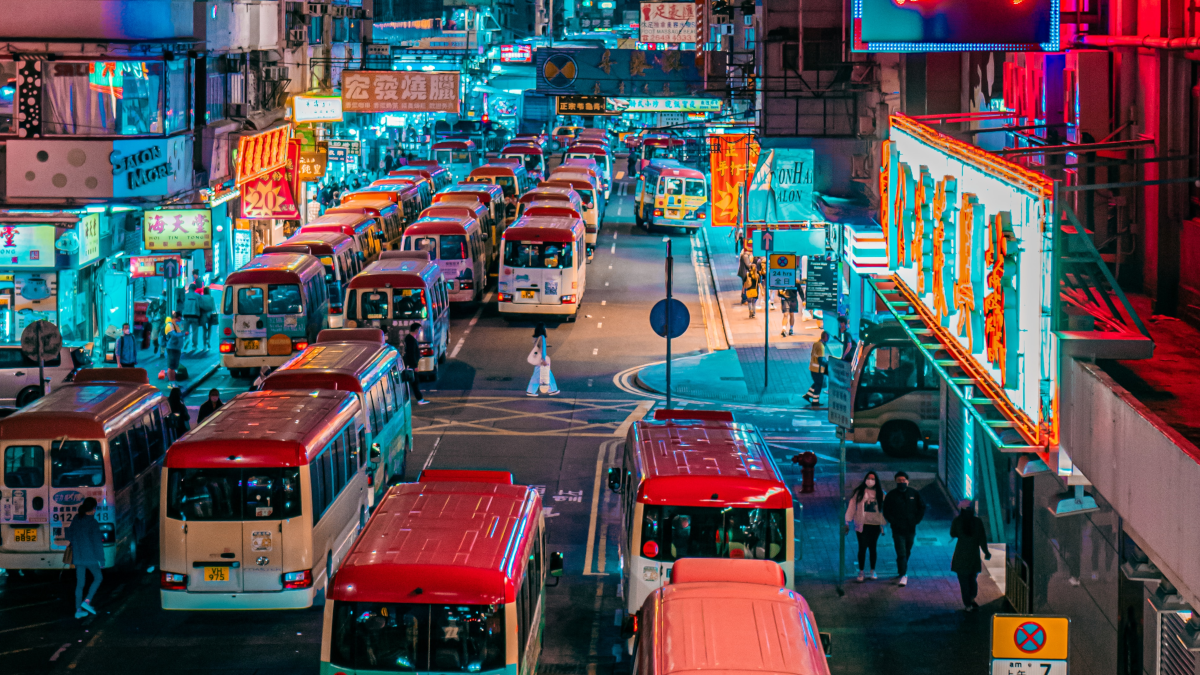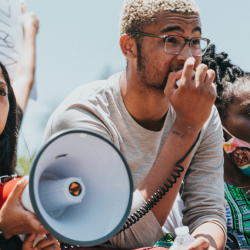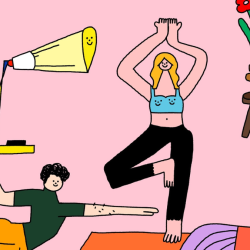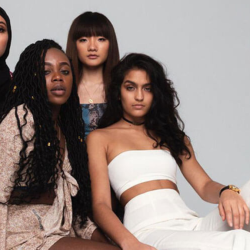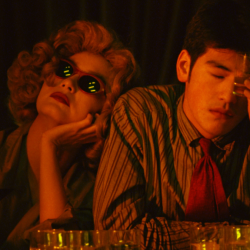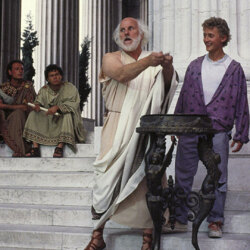I grew up living a double life.
As a multicultural kid, I hung in limbo between Hong Kong and French culture. Privileged with a dual citizenship, I attended French International School, enjoying a pampered and challenging private school education alongside the children of Hong Kong’s French expats. But there, I also picked up a sense of unease that followed me well into adulthood.
Kids made fun of the ‘weird’ snacks I brought to school. They swung racist jokes so casually that I shrugged them off. But I now know that what I thought was harmless chipped away at my subconscious. Born in Hong Kong yet foreign-educated, grown-ups made fun of my lack of culture, or how I couldn’t read even the simplest of Chinese characters. It was the price I paid for privilege, so I tried to fill those gaps the best I could. Deep down, I felt othered in a way that was hard to describe. Too French at home, too Asian at school.
When I moved to France at the age of 9, I learned about xenophobia and racism. The 2002 French Presidential elections were the talk of Paris, and even 9-year-olds asked ‘Chirac or Le Pen?‘ in the school playground — as if we could actually vote or had any idea what we were talking about. Clueless, I answered, ‘Le Pen I guess?’.
‘But he’s not gonna let you stay here!’
That’s when my friend taught me ‘racist’. That’s when I learned there are people who think less of me because of who I am. Because of what I looked like, where I’m from, and the food I ate. Apparently, that was true of a lot of people, because Jean-Marie Le Pen made it to the second round of elections that year.
Suddenly, I understood the way the supermarket cashier looked at my grandma when she spoke her broken French. The way French kids looked at me when I brought dried seaweed snacks to school. The way Hong Kongers back home justified our treatment of foreign domestic workers. It was a scary realization, and it deeply changed how I experienced life going forward.
Over a decade later, I was a junior creative in Hong Kong. Once again, two emerging concepts changed the way I perceived my world.
Unconscious bias.
Representation.
As the discussion unfolded, first online and then in the media, I realized that I’ve never felt represented in Western media. Not positively anyway. I had no one like me to look up to. I saw the impact it had on my childhood, on the way others perceived me, on the way I perceived myself, on the way I perceived others. While the conversation empowered me with the words to express the things I’ve always felt, it also forced me to re-examine my own prejudices, regardless of how uncomfortable it got. And right when the industry started to burn me out, the quest for representation revived my passion for what we do.
Being East Asian, I never experienced racism myself while working in Hong Kong. But that’s not to say I never witnessed it. In casting acting or modelling talent, the pay disparity between lighter and darker-skinned ethnicities is as big as Hong Kong’s class divide. It’s a widely accepted fact in the industry and something people are too quick to dismiss as a supply and demand issue. In my 28 years in the market, I have never seen Black people represented positively or accurately in local media, but I have seen blackface on multiple billboards, movies, and TV shows. This idea that we’d rather dress up as racial minorities than pay them doesn’t sit right with me. We have no shortage of diversity, but we have a long way to go with inclusivity.
My partner and I saw the unique position we were in to do something about it, and as we gained seniority in the industry, we tried to carve out opportunities for positive representation in our work. It was never easy, but we did have a couple of wins.
Last year, we moved to Australia and I learned a new lesson
Fighting for others is a lot easier than fighting for yourself. My first time working outside Asia was my first time fighting for my own representation. It’s so much easier to stand up for the minority when you’re part of the majority. When you’re the minority it’s personal, and as you look around, it starts to feel selfish. Am I making everyone’s job harder than it needs to be? Am I coming across as just another POC with a chip on his shoulder? Am I pushing foreign values in a place that wants nothing to do with them? Advocating for representation here makes me feel more vulnerable than I ever have. Rejection feels more personal, more invalidating, more guilty. I realised how my partner, a Black creative raised in Hong Kong must have felt fighting for her own representation in Asia all these years. The weight of that self-imposed responsibility feels soul-crushing, but it has made me that much more determined to use our work to make a difference.
Instead of trying to be a mirror to society, I believe advertising should lean on its power to shape it. Everyone is so focused on representing the ‘average consumer’, but we also need creatives to show every kind of kid that they can hope for more than just being another background character in the average person’s story.
This month’s theme is Stand and Fight after all, so if my rambling story resonated with you in any way, I want you to consider going the extra mile next time you’re presenting a storyboard to a client or casting talent for your project. It might lead to some very uncomfortable conversations, but those are the ones that move things forward.
And if you’ve already been fighting against the current, then you know how lonely and uncomfortable it can get. Representation is still a misunderstood topic, and it exposes you to a constant barrage of doubt and micro-aggressions. Stand and Fight can also mean taking a step back and giving yourself permission to heal once in a while.
Featured image: Chi Hung Wong / Unsplash

















